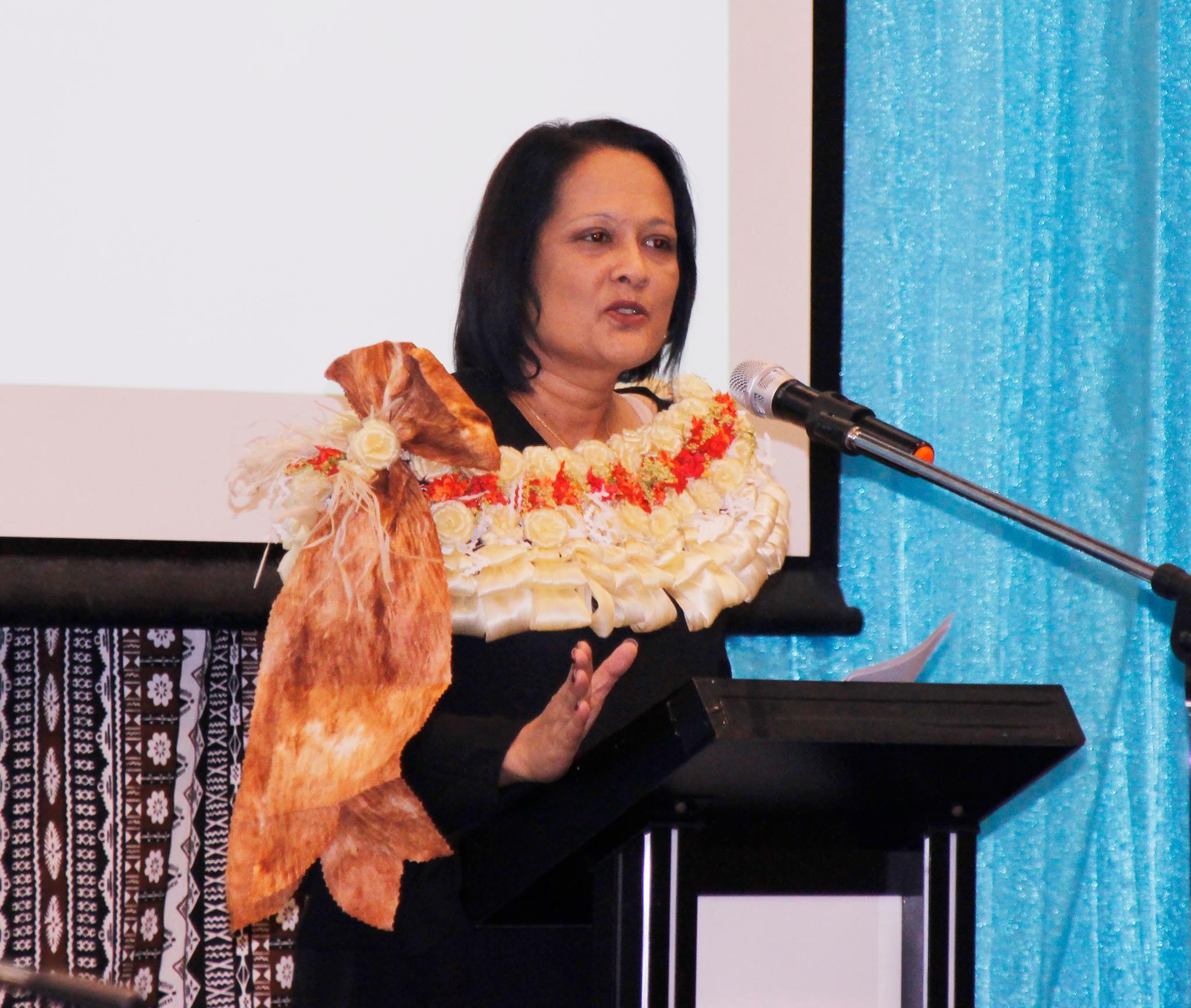REPRODUCTIVE health indicators in Fiji have indicated a general trend of progress and improvements over the years, says Minister for Health and Medical Services Rosy Akbar.
Speaking at the Pacific Society of Reproductive Health Symposium, she indicated that the contraceptive prevalence rate had increased over the years from 30 per cent to 44 per cent for women of child bearing age.
However, Ms Akbar stressed that there was still high unmet need among youths.
“Reproductive health services are an important component of all maternal health services and public health services,” she said
Ms Akbar said these services include maternal child health, family planning clinics and outreach services for the health ministry.
“Men and women should be informed about and have access to safe, effective, affordable and acceptable methods of family planning of their choice,” she said.
“Providing access to these critical services will ensure that people can make informed decisions about their own lives and achieve the goals they set for themselves.
“When they have these services, they enjoy better health, can achieve higher levels of education, expand their workforce opportunities, and generate more income for themselves and their families.”
She underscored that access to quality sexual and reproductive health, particularly family planning, was essential to improving an individual’s health, education and economic wellbeing, particularly for women and girls.
“It can also play a pivotal role in strengthening national economic performance by reducing health and education costs, increasing household wealth and enabling women to contribute equally to social and economic development,” Ms Akbar said.
Meanwhile, Ms Akbar said investment in sexual and reproductive health was fundamental to many and in which Pacific island countries have set for themselves to achieve equitable development.
“Its importance is reflected in objectives set out in the Pacific Healthy Islands Strategy, signed in Yanuca Island, Fiji, initially in 1995 and again re-endorsed in 2015, by the Pacific Health Ministers,” she said.
Fiji’s Health Ministry allocates funding $200,000 each year for maternal and reproductive health capacity building programs for its staff.
“Apart from this, there are other allocations made available through other public health programmes that will also directly benefit women and children in the country,” Ms Akbar said.
“Reproductive health is a major component of care since it is interlinked with many health indicators.”
Ms Akbar also thanked UNFPA for providing free contraceptive to the Health Ministry for the benefit of women and girls in the ‘child bearing age’.
“I also thank donors such DFAT, WHO, UNICEF, UNAIDS and other NGO such as the Pacific Society for Reproductive Health for providing support in terms of Finance, capacity building programs and technical experts in achieving universal access and providing quality care to our people,” she said.
“We are thankful to the Australian Government for injecting in $46.5 million dollars which is one of the largest investment in our region specifically to strengthen access to sexual and reproductive health.”




